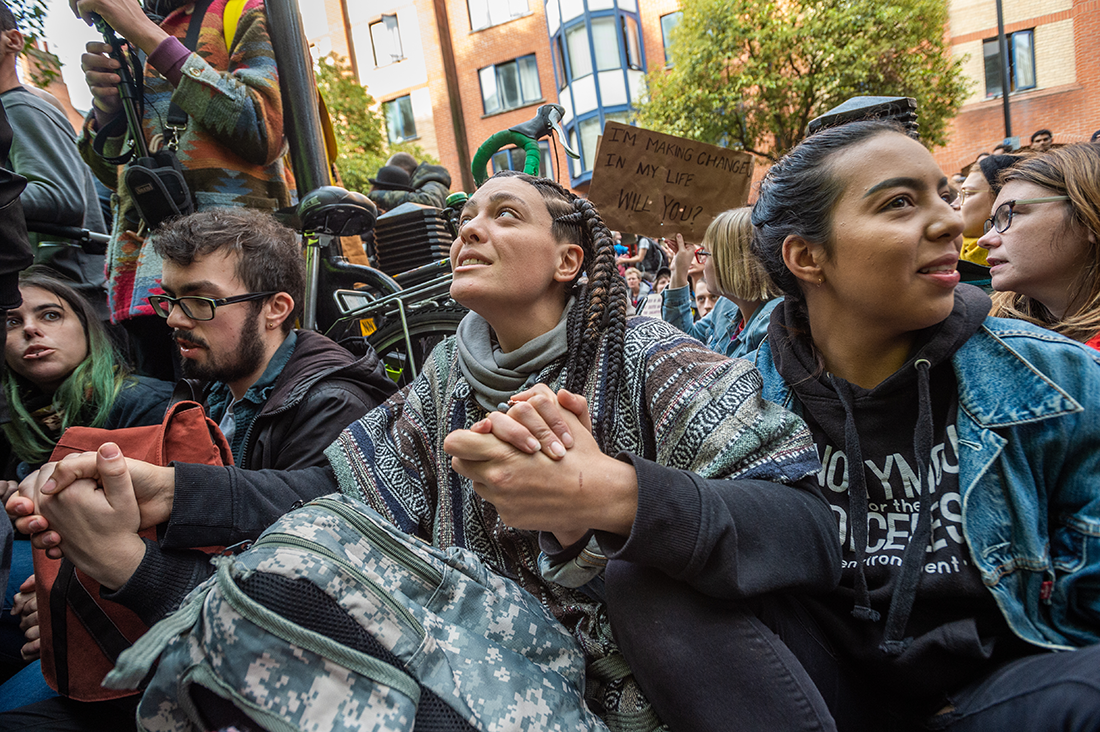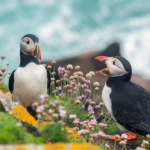Laura Wright, Professor of English at Western Carolina University, introduces The Vegan Studies Project, which explores veganism as an identity and ideology, and considers its depiction in literature, the arts, popular culture, and the media.
Tell us about yourself and your book The Vegan Studies Project.
My name is Laura Wright, and I am Professor of English Studies at Western Carolina University in North Carolina. My scholarship and teaching have historically focused on postcolonial literatures, specifically the literatures of Nigeria, South Africa, India, and the Pacific Rim. My work has always examined the role of systematic and interconnected oppressions (of women, colonized subjects, animals, and the natural world) in various texts. I have been vegan since 2001, and I was vegetarian before that; I became vegetarian when I started college in 1988. I have written about my journey to veganism (by way of an eating disorder) in Defiant Daughters. The Vegan Studies Project was my third monograph study, and it was the first work that I had written that examined US culture and media. It was published in 2015, and I have since gone on to edit and co-edit three scholarly volumes on vegan studies.
Who or what inspired you to write the book?
A lot of things led to the book. I am in many ways a cultural studies scholar, and I had been very interested in the ways that vegans were portrayed in the media – particularly as the portrayals tending to be so negative and did not correspond with the reality of actual vegans that I knew. I wanted to examine why vegans where depicted in the ways that I was seeing, so I started collecting any image and/or reference to veganism that I could find. And the initial impetus was very much a 2010 piece written by Harold Fromm, a scholar I very much respected at the time, that appeared in The Chronicle of Higher Education. It was called “Vegans and the Quest for Purity.” Fromm said, “The grandstanding of vegans for carefully selected life forms, to serve their own sensitivities—through their meat- and dairy-free diets, their avoidance of leather and other animal products—doesn’t produce much besides a sense of their own virtue. As they make their footprint smaller and smaller, will they soon be walking on their toes like ballet dancers? And if so, what is the step after that? Pure spirit (a euphemism for bodily death)? If our existence is the problem – which it is – then only nonexistence can cure it.” I was so taken aback, as Fromm is one of the foundational scholars of ecocriticism, a position that is primarily concerned with the ways that literary texts engage with the environment and environmental issues. But I was also inspired by work I had done on my dissertation (on South African author J.M. Coetzee) and I have always been inspired by the work of Carol Adams (whose 1990 The Sexual Politics of Meat changed my entire life), who I now call a dear friend.
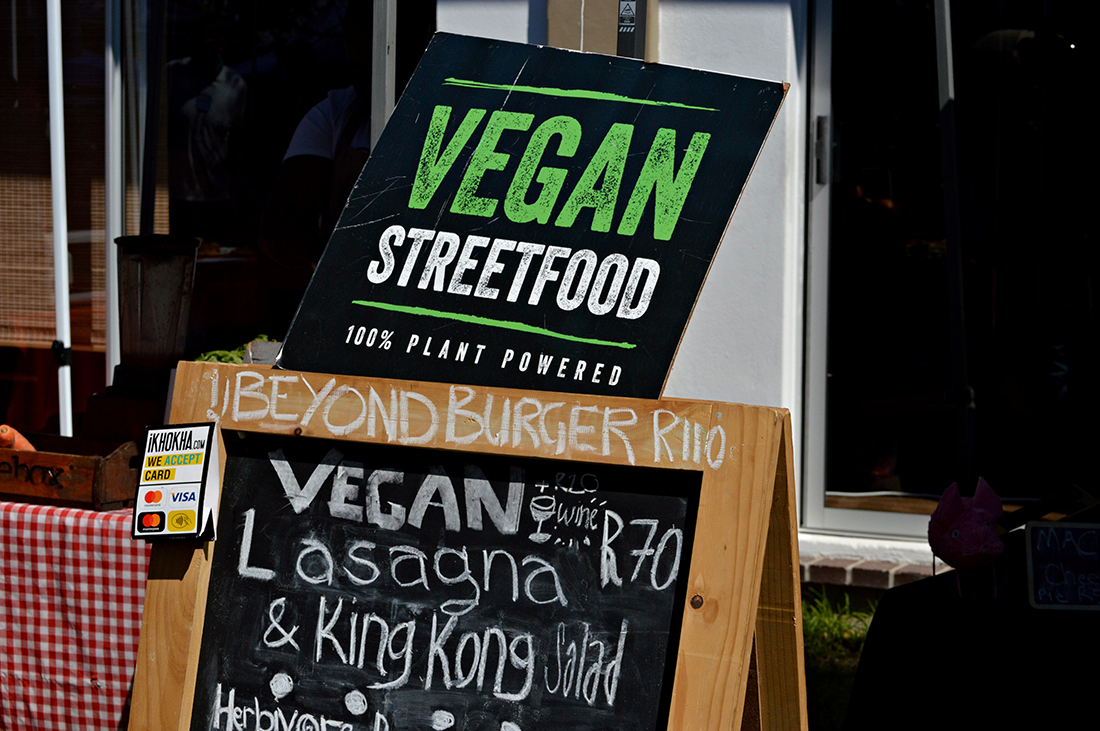
How has the rise of veganism impacted the Western cultural landscape?
I think that there is a lot of pushback to veganism in the West, and my sense is that there are too many reasons for why that’s the case to unpack them all here (which is why people who are interested should read my work. 😊 Shameless self-promotion, but I have spent so much time thinking and writing about these issues that anything I say here will be a cursory synopsis). Agribusiness is a big deal in the US, and the power of the dairy and meat industries is real. Socioeconomic disparity is real, leaving healthy food hard for certain communities to obtain. The “impossible-ing” of the fast food industry has been interesting to watch, but adding Impossible and Beyond options doesn’t mean that fast food places aren’t still selling meat, so I see that whole shift as a fad (and while I do enjoy an Impossible burger on occasion, it’s pretty clear that such “food” is not any better for me than an actual burger). If you look at what’s happening in the UK, however, veganism has exploded – particularly in England.
Why do some people perceive veganism and threatening?
I think in many ways vegans sort of make non-vegans aware of the choices that they’ve made with regard to what they eat. If someone is not eating animals and you are eating them, then you have to think about what that means – and you have to come up against some potential discomfort in terms of knowing that you might be complicit and participating in an institution of great cruelty. It’s like a kind of reflex. I also think there has been so much crap (for lack of a better term) out there about veganism being emasculating that many men feel that not eating meat means that they are weak or feminine. Which is utter nonsense. But at its core, I think that being vegan is being radically oppositional to so much of what we are indoctrinated to do – including the ways that we are meant to consume. Being vegan means that you kind of have to stop and assess every decision that you make in relation to what you wear, what you drive, what you eat. And that means that you have to stop and think rather than blindly consume. That’s a threat to capitalism, and, really, that’s a threat that our society will not comfortably tolerate.
Why might people perceive and/or identify with veganism in different ways?
Upbringing, political influences, education, religion, socioeconomic circumstances, race… So many reasons.
How might vegan studies change and grow in coming years? Will students be taking degrees in vegan studies in the near future?
I wish! 😊 I know that there are universities out there that offer courses in vegan studies, but I also know that it’s unlikely that there’s that big of a niche to make such an undertaking – on a large scale – viable. And I’m also hyper aware of what’s happening in with education in the US at present. There is so much pushback against teaching students anything that deviates from or questions a supposed norm that imagines the US as a land of equality and prosperity for all. In many ways, it’s scary to be a college professor in a climate that feels so virulently anti-education. But I hope we can move past this chapter and come out somewhere kinder and more tolerant.
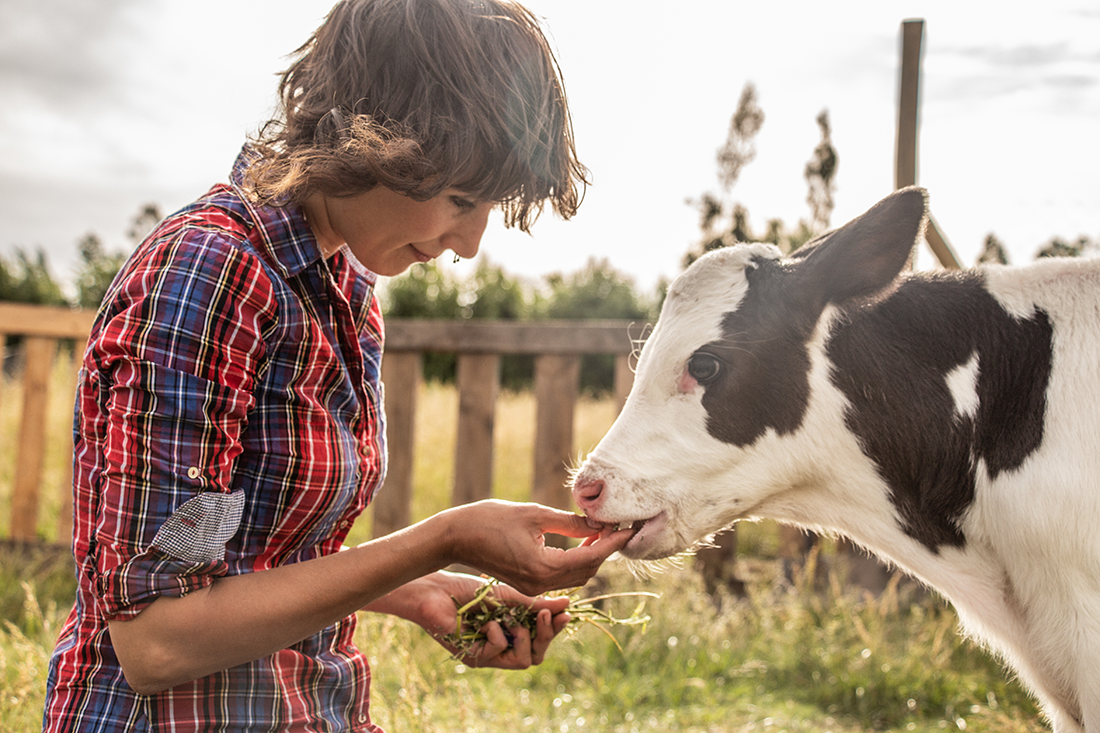
© Joanne McArthur/WeAnimals Media
What practical advice would you offer to vegans who wish to better understand themselves and live well in a non-vegan world?
Read. Find a community of people who will let you be who you are. Try to ignore the voices telling you that you’re wrong, unhealthy, un-whatever. Find good food and make it for others. Take care of yourself, and don’t get caught up in the cult of “wellness,” which in many ways is the problematic other side of the omnivorous coin. Don’t preach. Be tolerant of others, if you expect them to be tolerant of you. Your choices are yours and not everyone else can or wants to make them. Be a good example without being preachy. And remember that according to the Vegan Society, veganism is aspirational, not all or nothing. According to the Vegan Society, to be vegan is to ascribe to a “philosophy and way of living which seeks to exclude – as far as is possible and practicable – all forms of exploitation of, and cruelty to, animals for food, clothing or any other purpose; and by extension, promotes the development and use of animal-free alternatives for the benefit of humans, animals and the environment. In dietary terms it denotes the practice of dispensing with all products derived wholly or partly from animals.” The “as far as possible and practicable” is important, so keep it in mind.
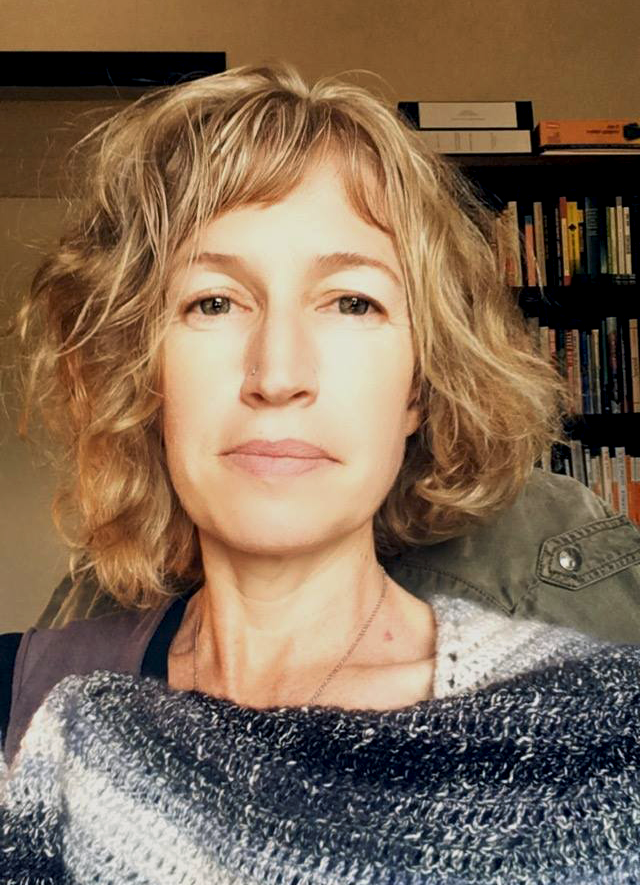 Laura Wright is Professor of English at Western Carolina University where she specializes in postcolonial studies, ecocriticism, and animal studies. Her monograph The Vegan Studies Project: Food, Animals, and Gender in the Age of Terror, heralded as the foundational text in the field of vegan studies/vegan theory, is available now.
Laura Wright is Professor of English at Western Carolina University where she specializes in postcolonial studies, ecocriticism, and animal studies. Her monograph The Vegan Studies Project: Food, Animals, and Gender in the Age of Terror, heralded as the foundational text in the field of vegan studies/vegan theory, is available now.
Laura is also editor of the Routledge Handbook of Vegan Studies – Routledge Environment and Sustainability Handbooks. This wide-ranging volume explores the tension between the dietary practice of veganism and the manifestation, construction, and representation of a vegan identity in today’s society.


